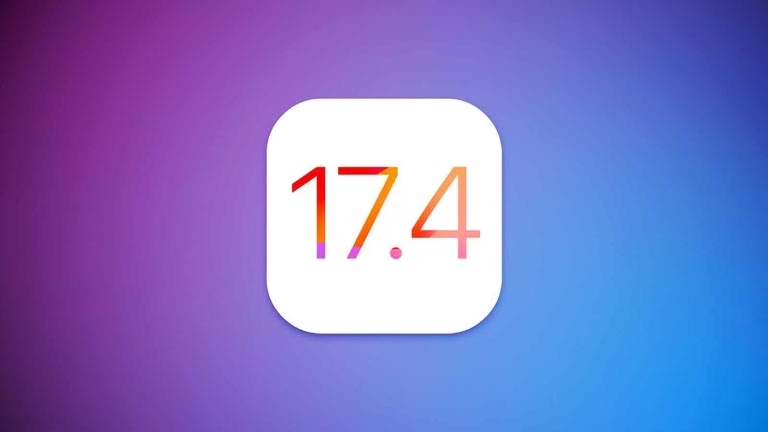

After facing heavy criticism for its decision to disable Home Screen apps in the European Union starting with the release of iOS 17.4, Apple has decided against going forward with the plan.
Apple had planned to no longer allow the launching of web apps from the Home Screen in their own window that takes up a full screen, relegating them to a simple shortcut with an option to open within Safari instead. Critics immediately argued that the move undermines the role of web apps as viable alternatives to native apps in iOS.
Groups like Open Web Advocacy, which started a petition in an effort to persuade Apple to reverse the change criticized the change, and the European Commission said it might investigate Apple’s decision to disable Home Screen web apps in the EU.
Now, Apple has announced that Home Screen apps that use WebKit in the EU will continue to have the same functionality as before upon the release of iOS 17.4.
Previously, Apple announced plans to remove the Home Screen web apps capability in the EU as part of our efforts to comply with the DMA. The need to remove the capability was informed by the complex security and privacy concerns associated with web apps to support alternative browser engines that would require building a new integration architecture that does not currently exist in iOS.
We have received requests to continue to offer support for Home Screen web apps in iOS, therefore we will continue to offer the existing Home Screen web apps capability in the EU. This support means Home Screen web apps continue to be built directly on WebKit and its security architecture, and align with the security and privacy model for native apps on iOS.
Developers and users who may have been impacted by the removal of Home Screen web apps in the beta release of iOS in the EU can expect the return of the existing functionality for Home Screen web apps with the availability of iOS 17.4 in early March.
Apple had claimed that it had to make the change to how web apps work in iOS to comply with the EU’s Digital Markets Act (DMA). Apple says third-party browsers used with web apps in Europe could expose users to unlawful security and privacy risks.